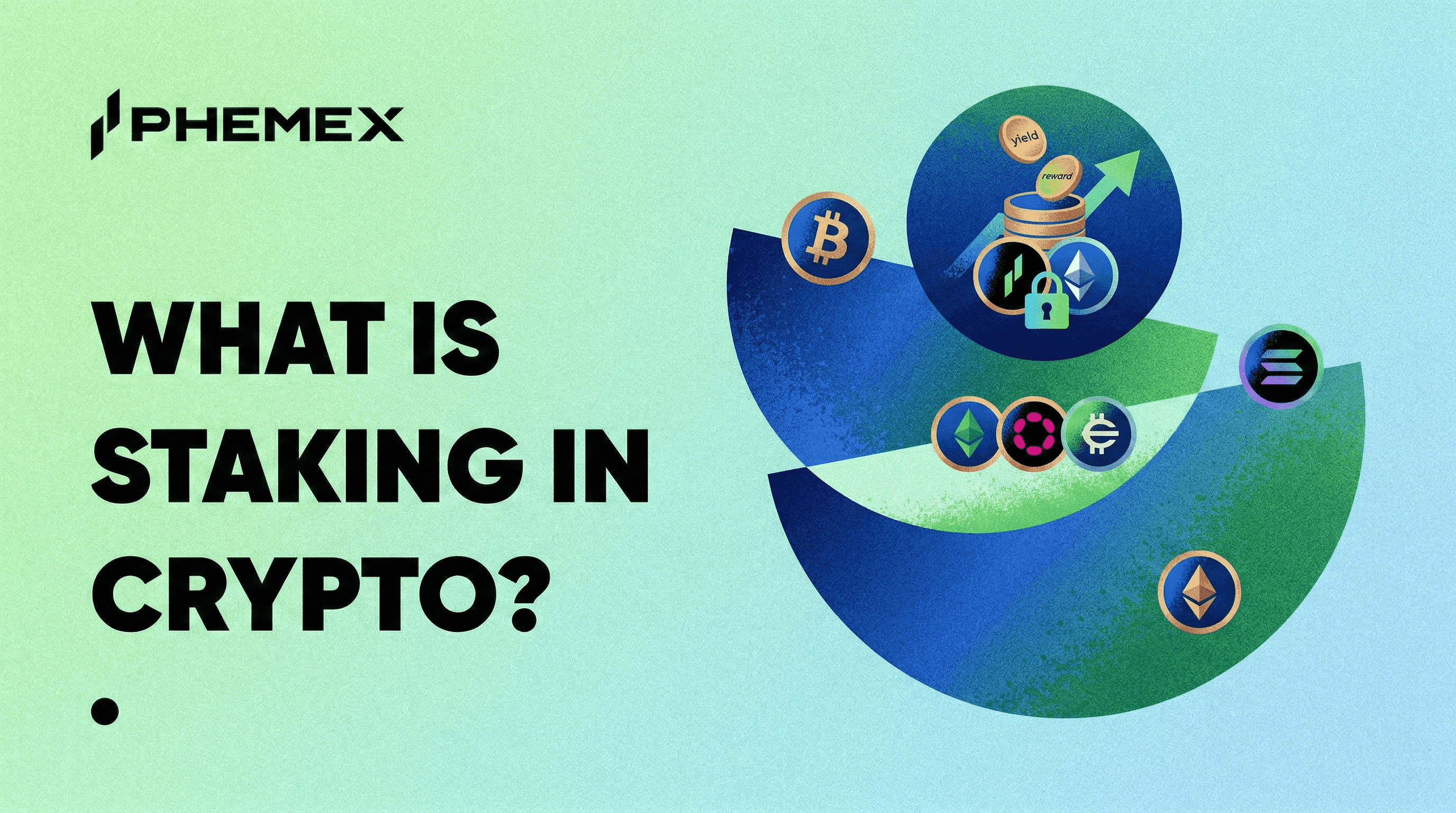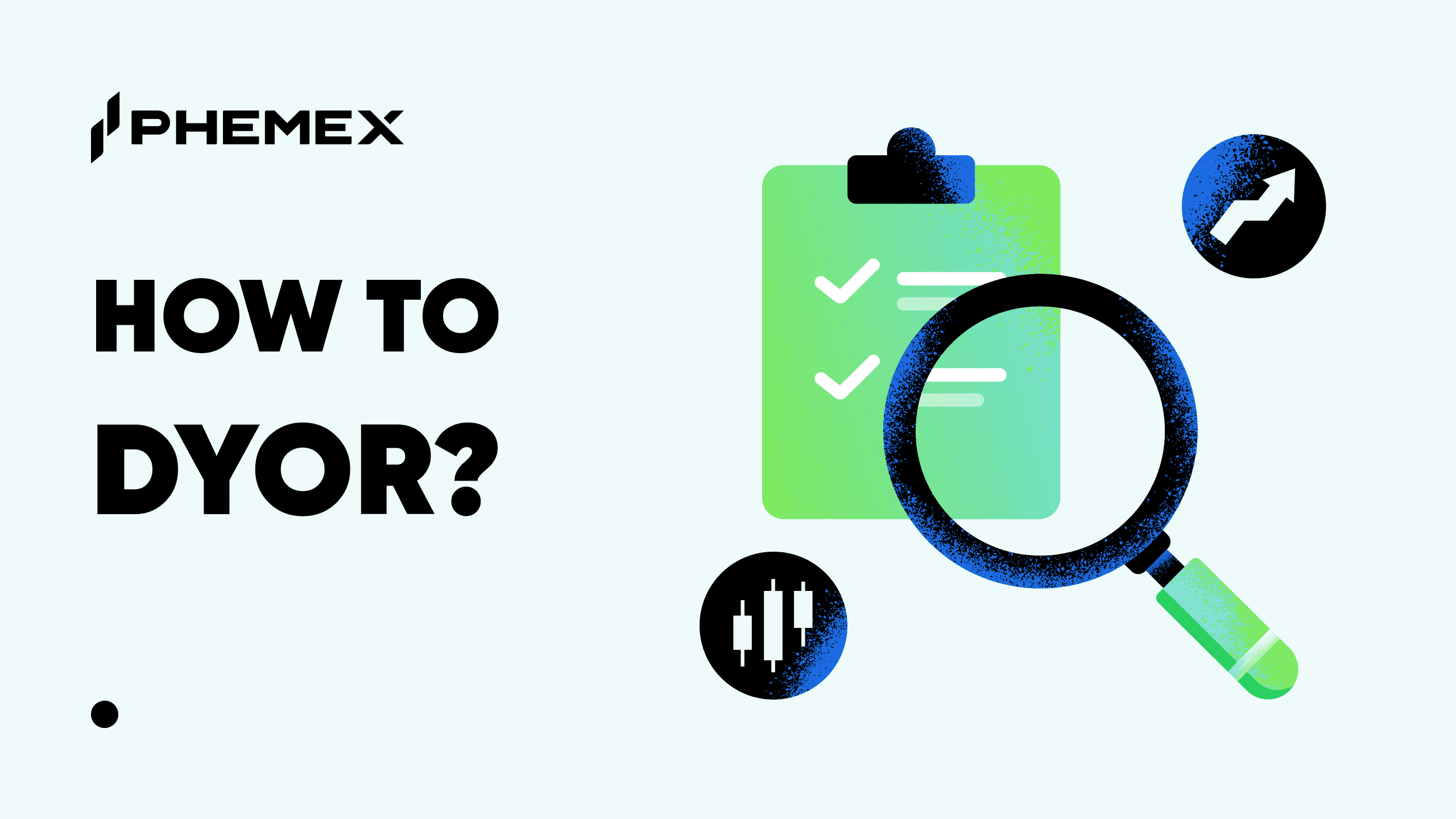A transaction fee is a fee that is paid when individuals buy or sell cryptos or when they transfer a certain amount of cryptocurrency from one wallet or exchange to another.
Crypto traders have always complained about high gas and transaction fees. If you are planning to invest in crypto, you should be aware that there are broadly three types of transaction fees involved in crypto trading: exchange fees, network fees, and wallet fees.

What Are The Different Types of Crypto Transaction Fees?
As mentioned above, the types of fees experienced in DeFi more broadly include exchange fees, network fees, and wallet fees.
Exchange fees refer to the amount charged by a cryptocurrency exchange to complete a buy or sell order. These types of fees are also one of the primary sources of revenue for exchanges and are often an integral part of their business operation and strategy. Network fees are those fees paid to the network, which means fees to the cryptocurrency miners for the services they provide. Unfortunately, network fees are demand driven, which means when the network is busy the fees skyrocket, and vice versa. Wallet fees occur when individuals withdraw or send cryptocurrency from one wallet to another. But right now many exchanges and applications have built-in platform wallets. In these cases, fees are generally minimal if not zero.
In summary, crypto transaction fees are charges that a user has to pay when transferring money to an exchange to buy crypto or when performing cryptocurrency transactions. However, these charges and their amount will depend upon the underlying network and exchange.
Crypto Transaction Fees vs. Traditional Wire Transfer Fees
A wire transfer is an electronic payment service for transferring funds by wire, such as through SWIFT, the Federal Reserve Wire Network, or the Clearing House Interbank Payments System. When you make an international transfer, the intermediary responsible for the transfer charges a certain fee.
Mediators like banks or payment services like PayPal charge specific fees to their customers. For example, PayPal charges 4.4% of the transaction for international transfers, and banks like Chase or Bank of America charge hefty incoming and outgoing wire fees.
With cryptocurrencies the process is different. Essentially, users convert their money to a cryptocurrency on a decentralized exchange, add the recipient address, pay the transaction fee, and send. In this case, the transaction fee is paid to the miners/validators. However, this fee varies depending on the blockchain network used for the transactions.
But on top of this, certain centralized exchanges will charge transaction fees of their own. These transaction fees do not only include transferring but also include the purchasing of cryptocurrencies from one’s bank cards.
How to Calculate Cryptocurrency Fees?
Cryptocurrency transaction fees depend on the network. For example, Bitcoin, Ethereum, Litecoin, and Dash all have different transaction fees.
Ether Transaction Fees
The Ethereum network measures fees in gas, and gas measures how computationally expensive a transaction is. Users must pay a gas fee in order to make a transaction or execute a smart contract. Interestingly, in a way, the fee users pay on each cryptocurrency transaction is determined by the amount they are willing to spend. In these cases, a degree of outbidding is involved. The more people are willing to pay for their transactions to get processed, the faster they will get processed. This is because miners who are responsible for validating a transaction prioritize transactions with higher fees over transactions with lower fees.

Gasnow.org gives an estimate of how expensive certain cryptocurrency transfers will be based on how fast the user wants the transaction to be validated and processed. (Source: gasnow.org)
Because of this staggered feature, outbidding other people’s transactions makes sense when thousands or millions of transactions are involved. People who are sending such large sums of money will not mind paying a fee that is minimal by comparison. On the other hand, if users are making small transactions, there is no need to outbid other transactions. However, note that small transactions also get processed, just a bit slower.
What’s Better: Paying Crypto transaction Fees or Intermediary Fees?
This is an ongoing debate. While banks and financial intermediaries have the benefit of being regulated, cryptocurrencies are generally known for lower transaction fees. Moreover, cryptocurrencies are not regulated in most countries and banks charge pocket-burning fees to transfer money from one country to another. Therefore, in terms of fees, cryptos are always better than these financial intermediaries.
For example, traditional bank transfers of $1,000 will incur approximately $30 in transaction fees. Whereas, a transfer of $1,000 in crypto will take approximately $5. The difference is huge; however, one must choose a network that doesn’t burn your pocket.
Which Cryptos Have The Lowest Transaction Fees?
Transferring $1,000 on the Bitcoin network will cost approximately $5; and $3 on the Ethereum network. However, a similar transaction would cost less than $1 on the TRON network. Other cryptocurrencies that have low transaction fees include Ethereum Classic, Nano, IOTA, Bitcoin SV, Bitcoin Gold, Dash, Litecoin, and DOGE.
There is a whole lot to understand in terms of consensus mechanisms to make sense of how some networks manage to charge lower fees than others. The point is: choose a platform that processes transactions faster at an affordable rate.
Conclusion
Transaction fees have always been an important part of the financial and investment services sector, and this includes cryptocurrency. This is because the funds collected from these fees are used by exchanges to run their business so they can in turn provide a channel for investors to invest in crypto. Also, crypto network transaction fees are needed because their payments incentivize miners to maintain their role in upholding the blockchain network.
But because of rising fees via traditional bank transfers, many people around the world have resorted to cryptocurrencies to transfer or receive money from abroad. The reason is because many people are beginning to realize that crypto transactions are in fact quick and economical.
Read More
- What is a Transaction Fee in Crypto & How does it Work?
- Why Fees and Transaction Costs Matter?
- Crypto Trading Fees in 2024
- What is Ethereum Gas and How Does It Work?
- What is Cryptocurrency & How It Differs From Digital Cash
- What is Bitcoin Transaction: Components, Verification and Privacy
- How To Trade Crypto: The Ultimate Investing Guide
- What Is P2P Trading: Buy Crypto With Zero Fees & Wait Time







